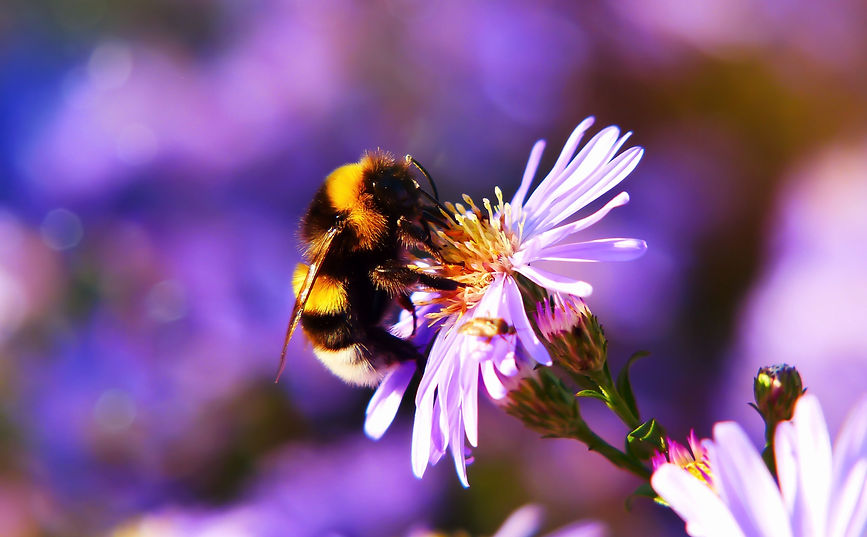Eco-Friendly Gardening Tips for Massachusetts Homeowners
- Lauren Kurtz
- Jun 2, 2025
- 2 min read
Updated: Jun 8, 2025
Are you a homeowner in Massachusetts looking to create a beautiful, eco-friendly garden? With the increasing awareness of environmental sustainability, many gardeners are turning to eco-friendly gardening practices to reduce their ecological footprint. Northwind Natives is here to provide you with some tips on how you can create a sustainable garden right in your backyard.
One of the first steps in eco-friendly gardening is to choose native plants. Native plants are well-adapted to the local climate and soil conditions, which means they require less water, fertilizer, and pesticides to thrive. By incorporating native plants into your garden, you can help support local wildlife and create a more resilient ecosystem. When planning your garden, consider using organic and natural fertilizers instead of synthetic chemicals. Compost, manure, and organic fertilizers can help improve soil health and encourage beneficial microorganisms to thrive. Avoiding synthetic pesticides and herbicides can also prevent harm to pollinators and other beneficial insects. Water conservation is another important aspect of eco-friendly gardening. Consider installing a rain barrel to collect rainwater for watering your plants. Mulching your garden beds can help retain moisture in the soil and reduce the need for frequent watering. Additionally, watering your plants in the early morning or late evening can minimize evaporation and ensure that the water is absorbed by the plants. Companion planting is a gardening technique that involves planting certain species together to provide mutual benefits. For example, planting flowers that attract pollinators next to your vegetable garden can increase pollination and improve crop yields. Researching companion planting strategies can help you create a more biodiverse and resilient garden. Lastly, consider incorporating hardscaping elements into your garden to reduce maintenance and create habitat for beneficial insects. Features such as stone walls, gravel paths, and wooden fences can add visual interest to your garden while providing shelter for insects and other wildlife. By implementing these eco-friendly gardening tips, you can create a beautiful and sustainable garden that benefits the environment and your local ecosystem. Whether you are a seasoned gardener or just starting out, Northwind Natives is here to support you on your journey to eco-friendly gardening. Let's work together to create a greener future right in your backyard.



Comments